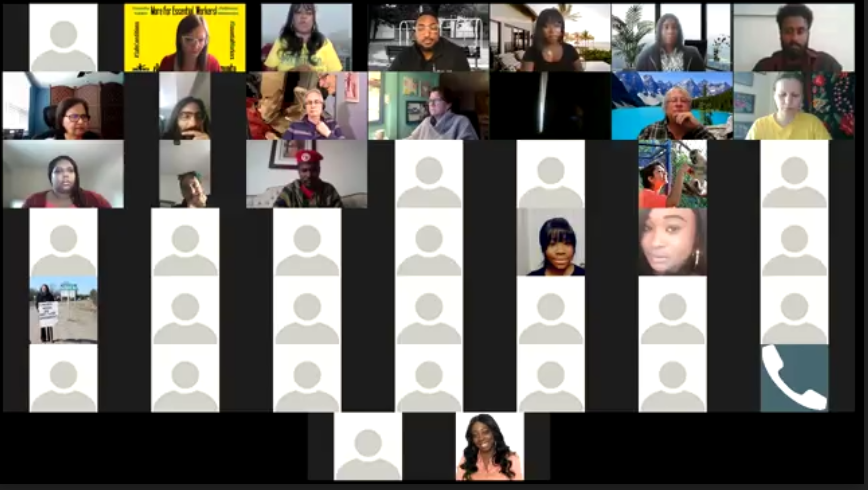From an early age we are taught how to recognize our emotions. To label them and give them a name — sadness, anger. We are taught how to regulate and control these emotions — stay calm, use your words. We are advised on coping strategies and given problem solving tools — take a deep breath, tell someone what is bothering you. Although we are taught all of these things, feelings are often dismissed. The stigma around mental illness is so hard to combat, especially when it is surrounding youth.Mental health is a murky subject, often tip-toed around and whispered about in hushed tones. We shy away from the topic of mental health because we don’t want to emphasize the situation or blow things out of proportion, however mental health needs to be talked about. It is important to not only recognize the signs of mental illness, but understand what good mental health means and what that looks like in relation to children and youth.Mental health is a state of well-being, it is not about being blissfully happy all of the time, nor is it characterized as being sad. Good mental health allows children to think clearly and cope with the normal stresses of life, developing both socially and mentally. Mental illness refers to a wide range of mental health conditions — disorders that may affect one’s mood, thinking or behaviour. This includes depression, anxiety disorders, attention deficit disorder, bipolar disorder, and many more.The Hincks-Dellcrest Early Years Centre is located on 1645 Sheppard Ave West and is one of three centres for youth located in Toronto. The Centre’s focus on providing prevention, early intervention, and treatment services to infants, children, and youth who live in local communities through programs such as, “the ABCs of Mental Health”. As Sandra, an employee at Hincks-Dellcrest Centre(HDC) explains, the Centre “gives families and youth tools on how to handle behaviour…we provide different kinds of services —starting with prevention.”Because there are some illnesses we cannot see, it is important to be aware and know where to access valuable resources, skills and training to enhance mental health competencies. The demand for children’s mental health services is increasing 10% each year[1]. The centre has recently announced their intention to integrate with Sick Kids Hospital, providing specialized hospital and community-based mental health services for children and youth.97% of the HDC is run on donations and fundraisers within the community, because of this they focus heavily on providing drop-in and education programs, support, training and free parenting and group workshops. On Thursday March 30th, 6:30-8:00 pm the Centre will be holding a free workshop, “Raising Resilient Children”, further details and workshop listings are available online.Label the emotion, give it a name. Regulate and control these feelings. Use the coping strategies and problem solving tools. It is not a matter of achieving good mental health, rather it is a process of maintaining it.[1] Children’s Mental Health Ontario







